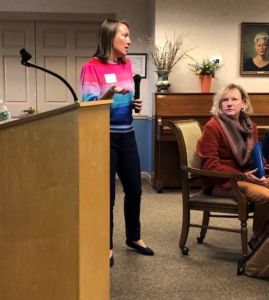Workforce Crisis Needs Policy Solutions
The Public Health Council of the Upper Valley (PHC) hosted the Upper Valley Bi-State Legislative Breakfast on Monday, November 6, 2023. The purpose was to provide state-level legislators from the Upper Valley region with information, stories, and policy guidance on the many levels and layers of workforce challenges impacting health and wellbeing in our region. Goals included:
Develop relationships with legislators.
Educate about policy related issues.
Promote cross-border awareness/collaboration on issues.
Help legislators become more responsive to the needs of constituents.
The agenda included presentations by leaders in education, housing, childcare, and local health care from both NH and VT. We had 31 people in attendance, including five NH Representatives, two VT Representatives, and two VT State Senators.
Report of Proceedings and Recommendations
The PHC recently released a report from the event, including a summary of the issues discussed and the policy recommendations that emerged: PHC 2023 Legislative Breakfast Report.
Through presentations and discussion, the meeting highlighted a few key messages for policymakers relative to the health care workforce crisis. These include:
- the healthcare workforce is struggling, even more so after the pandemic, and with the aging of our populations, the crisis will only worsen;
- current and potential healthcare workers at all levels need ready and affordable access to (continuing) education, childcare, and housing if they are to do this critical work; and
- all of these required supports face real barriers right now that must be addressed together.
As speakers and panelists laid out challenges and opportunities for policymakers to consider, a general understanding of the workforce crisis emerged.
Healthcare Workforce Struggles
- Job openings in healthcare have grown consistently since 2019. Both job postings and hiring have increased, particularly in nursing positions. However, the skilled healthcare workforce is aging, and younger workers are not stepping up to fill the gaps. This is happening at a time when our populations are aging and in need of more healthcare.
Workforce Education & Training
- Higher Education must be allowed and supported to adapt to meet current and future workforce needs.
- For nursing-related professions, universities struggle to recruit professors to teach as travel and per-diem jobs pay much more than universities can. Many people who work in the field and have been willing to teach part-time are no longer able to due to shortages in their own workplaces.
- Clinical placements are an essential part of preparation, but the workforce shortage means that potential preceptors do not have the capacity to mentor students.
- This is a vicious cycle. Lack of time to teach leads to fewer students graduating, which leads to a lack of staff to hire, which leads to a lack of time to teach.
No Place to Live
- One reason healthcare employers are struggling to recruit and retain employees is the difficulty in finding affordable housing near enough to work. Our region needs 10,000 more housing units by 2030 to keep up with current demand. The current pace of building is nowhere near this level.
- Many younger people, who are critical for our workforce, cannot find “middle ground” housing such as townhouses or condos when they want to start a family. They are forced to move to other areas to find a balance of work, housing, and childcare.
- Lack of housing is limiting the vibrancy and diversity of our area.
Who Cares for the Caregivers’ Children?
- The importance of early childhood care and education has been neglected. The childcare crisis is not new. but has worsened since the pandemic. There were thousands of childcare job vacancies prior to COVID-19 and that number has only grown.
- Childcare serves two vital roles in our communities that must be respected and supported: 1) we need the younger workers who need childcare to work and 2) young children need the jump start in education and social-emotional skills to be ready to succeed in kindergarten and beyond.
- We must shift our thinking away from childcare being an option or a luxury for families. Most families cannot survive, much less thrive, without safe, quality, affordable care for their children.
It Will Take All of Us to Fix This
- To address these inter-connected challenges, collaboration between all stakeholders is critical. This includes businesses, state policymakers, municipalities, educational facilities, and non-profit organizations.
- When businesses help fund degrees, they are guaranteed employees to fill positions, and graduates are guaranteed a job.
- The PHC also encourages all residents of the Upper Valley to advocate for legislation that addresses the issues of most concern here in the Upper Valley. To learn more about organizations that specialize in advocating, please use the PHC resources available on our Advocacy Page.
PHC and members of the Planning Committee wish to thank all the elected officials who joined us for this event and the many local experts who came to share their wisdom and experience. We hope this report will provide a guide for our policymakers over the next year of legislative activity.





